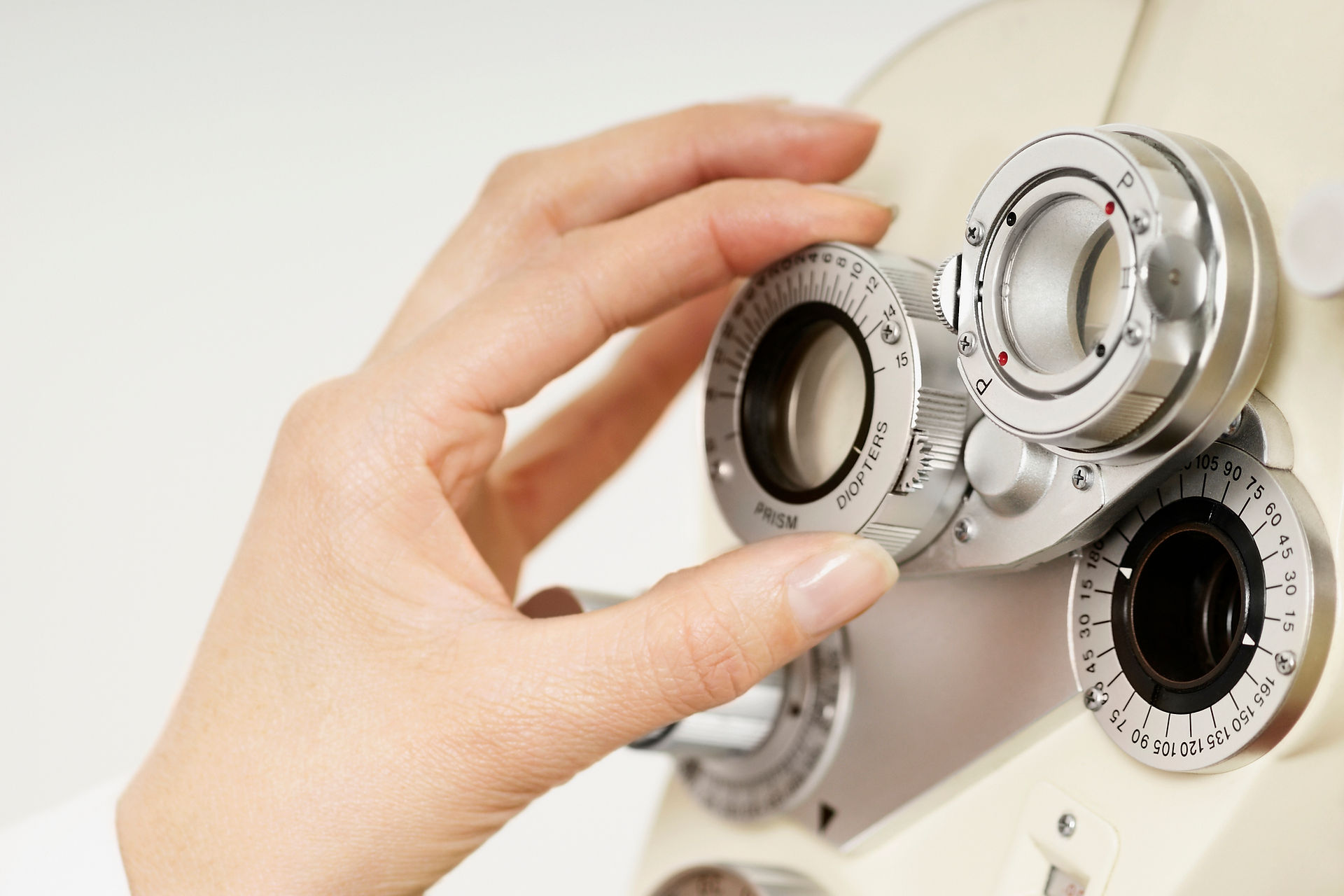
Diabetes (especially when uncontrolled) can have many effects on your vision. Changes in your eye health may be the first indicator that you have diabetes, as well.
In the retina, high blood sugar can damage blood vessels that can leak fluid or bleed. This causes the retina to swell and form deposits. In later stages, new blood vessels grow on the surface of the retina leading to sight threatening issues.
What are the symptoms?
-
Blurred vision (especially with blood sugar fluctuations)
-
Spots or floaters
-
A dark spot in your vision
-
Trouble seeing at night

What are the treatments?
Fortunately, you can significantly reduce your risk of developing diabetic retinopathy by keeping your diabetes on track:
T ake your medication
R each and maintain a healthy weight
A dd physical activity to your routine
C control your blood sugar, blood pressure and cholesterol
K ick the smoking habit
If treatment is needed, it depends on many factors, including how advanced the damage is to your eyes, how controlled your diabetes is and your overall health. One might need treatment to reduce the inflammation or stop the formation of new blood vessels, or even surgery to repair the retina. Yearly diabetic eye exams allow us to monitor your status and prevent further complications.
Diabetic Eye Exams
Did you know as a diabetic, you should have your eyes checked annually?


